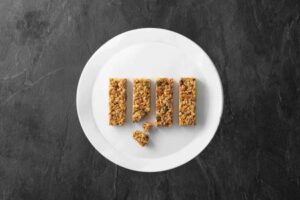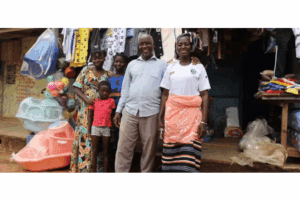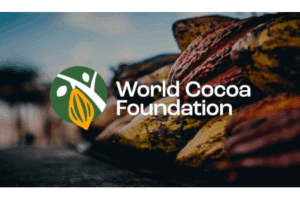Olam Palm Gabon (“OPG”) has reached the next milestone in its development of sustainable oil palm plantations, achieving Roundtable on Sustainable Palm Oil (“RSPO”) certification for the Bilala palm oil mill and concessions in Mouila, Gabon.
It is the second of two plantations managed by OPG to be certified, and covers 15,900 hectares (ha) of planted oil palm, and 19,500 ha of protected High Conservation Value areas.
In October 2016, the 20,000 ha Awala concession, with 6,800 ha of plantation and mill, became the first-ever new development in Africa to achieve RSPO certification. Together the certified areas total 55,400 ha.
In addition, Olam has two remaining lots comprising 27,300 ha of planted palm and the protection of 36,600 ha of High Conservation Value forest and savannah. These are on target to achieve RSPO certification by 2021.
Datuk Darrel Webber, CEO of RSPO, said, “Oil palm is native to Africa and when grown sustainably, it is the best solution to balance the competing demands of people, profit, and the environment. This hard-won certification shows that RSPO members such as Olam continue to represent the gold standard for sustainable palm oil in Africa.”
Ranveer Chauhan, Managing Director of Oil Palm and Natural Rubber, Olam International, said, “Certified palm oil accounts for about 19% of global volumes, with Europe leading the way, and we expect other regions to start following suit. Achieving the certification was not easy – and nor should it be – we are proud of the environmental standards we have achieved, the jobs we have created (more than 7,700 Gabonese) and the wider social benefits created for the village communities around the plantations.”
Progress on risk assessment of third party mills and launch of new Palm Dashboard
Olam also reports continued progress on its roadmap for 100% traceability for its third party supply base and verification by 2020. All suppliers are expected to uphold the Olam Sustainable Palm Oil Policy and must also implement full compliance to the Olam Supplier Code, to RSPO or to a Code that is equivalent to the OSC and approved by Olam.
As at the end of 2017, close to 1,600 indirect mills have been analysed from 14 suppliers, up from about 1,100 mills at the end of July 2017. The work to assess the risk profile of indirect suppliers’ mills – including past and future risks linked to deforestation – is being undertaken by the World Resources Institute and The Proforest Group. By the end of Q2, 2017, 86% of crude palm oil and palm kernel oil volumes were successfully traced using GPS co-ordinates, with 100% of derivatives traced.
Further traceability metrics and Olam’s wider palm policy commitments are now available in an online dashboard. Third party mills not covered by non-disclosure agreements have also been disclosed at Olamgroup.com/products-services/food-staples-packaged-foods/palm/faq-and-reports/.








